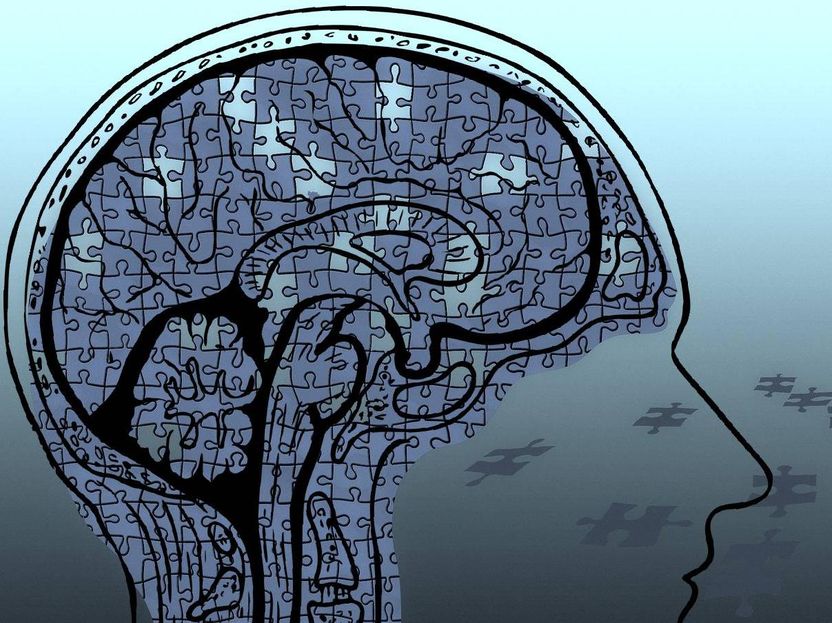Gaps in short-term memory may be early signs of dementia
Problems with short-term memory in middle age could be early signs of dementia later in life. This was found by scientists from the German Cancer Research Center (DKFZ), Heidelberg University and the Saarland Cancer Registry. The researchers investigated whether people aged 50 and older who reported difficulties with short-term memory were more likely to develop dementia later on.

Symbolic image
pixabay.com
For older people, it is considered proven that subjectively perceived decline in short-term and long-term memory (SCD) is a risk factor for dementia. Researchers led by epidemiologist Hermann Brenner of the German Cancer Research Center (DKFZ) investigated whether this also applies to younger people.
Using statistical methods, they investigated the relationship between SCD and the risk of developing dementia within 17 years in the over-50 age group. For their analyses, they used data from a total of 6,190 participants aged between 50 an d 75 who had been included in the ESTHER cohort study between 2000 and 2002. The participants had provided information on their subjectively perceived short-term and long-term memory abilities with the help of a questionnaire.
The researchers found that study participants who reported problems with short-term memory had up to twice the risk of later developing dementia compared with the rest of the group. The link was clearest for so-called vascular dementia. This second most common form of dementia develops due to circulatory disorders in the brain and usually occurs as a result of minor strokes. The scientists were also able to identify an association with memory difficulties for the well-known Alzheimer's disease, the most common form of dementia.
"Subjectively perceived problems with short-term memory can indicate an increased risk of dementia in people as young as 50 years of age - many years before diagnosis," Brenner said, summarizing the findings. "Our observations underscore the importance of early preventive measures to avoid vascular disease, which is partly responsible for at least some dementia."
In subjects who already had depression in addition to short-term memory impairment, the risk of a dementia diagnosis at an older age was even higher. "Depression and SCD are independently associated with dementia. If both factors occur together, the risk of the affected persons to develop dementia later increases again significantly," Brenner said. "Early preventive measures would therefore be particularly important for these individuals."
In the study, the situation was different with problems in long-term memory than with the subjectively perceived disturbances in short-term memory. Here, the scientists found no correlation with dementia.
Original publication
Most read news
Other news from the department science

Get the life science industry in your inbox
By submitting this form you agree that LUMITOS AG will send you the newsletter(s) selected above by email. Your data will not be passed on to third parties. Your data will be stored and processed in accordance with our data protection regulations. LUMITOS may contact you by email for the purpose of advertising or market and opinion surveys. You can revoke your consent at any time without giving reasons to LUMITOS AG, Ernst-Augustin-Str. 2, 12489 Berlin, Germany or by e-mail at revoke@lumitos.com with effect for the future. In addition, each email contains a link to unsubscribe from the corresponding newsletter.





















































